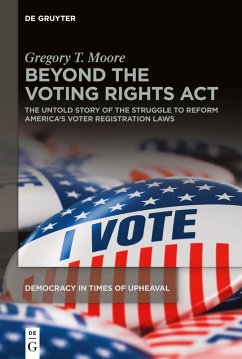This sequel to Randall Collins' world-influential micro-sociology of violence introduces the question of time-dynamics: what determines how long conflict lasts and how much damage it does. Inequality and hostility are not enough to explain when and where violence breaks out. Time-dynamics are the time-bubbles when people are most nationalistic; the hours after a protest starts when violence is most likely to happen. Ranging from the three months of nationalism and hysteria after 9/11 to the assault on the Capitol in 2021, Randall Collins shows what makes some protests more violent than others and why some revolutions are swift and non-violent tipping-points while others devolve into lengthy civil wars. Winning or losing are emotional processes, continuing in the era of computerized war, while high-tech spawns terrorist tactics of hiding in the civilian population and using cheap features of the Internet as substitutes for military organization. Nevertheless, Explosive Conflict offers some optimistic discoveries on clues to mass rampages and heading off police atrocities, with practical lessons from time-dynamics of violence.
Hinweis: Dieser Artikel kann nur an eine deutsche Lieferadresse ausgeliefert werden.
Hinweis: Dieser Artikel kann nur an eine deutsche Lieferadresse ausgeliefert werden.
"This book is a major contribution to Collins' influential theories of violence. It has a breadth and novelty of argument that can't be found elsewhere."
-- Ralph Schroeder, Oxford University
"Collins offers a fresh and provocative perspective on the sociology of violence and grand theory."
--Elijah Anderson, Yale University
"Collins offers a way forward for sociology free of moralizing, doctrine, and prejudice that infects the work of others. Although instructors of a very wide range of courses teach Collins's many books, this book is clearly a great choice for courses on sociological theory, historical sociology, political sociology, sociology of violence and conflict, and courses on public order/crowds/movements."
--Anthony King, University of Warwick
-- Ralph Schroeder, Oxford University
"Collins offers a fresh and provocative perspective on the sociology of violence and grand theory."
--Elijah Anderson, Yale University
"Collins offers a way forward for sociology free of moralizing, doctrine, and prejudice that infects the work of others. Although instructors of a very wide range of courses teach Collins's many books, this book is clearly a great choice for courses on sociological theory, historical sociology, political sociology, sociology of violence and conflict, and courses on public order/crowds/movements."
--Anthony King, University of Warwick









